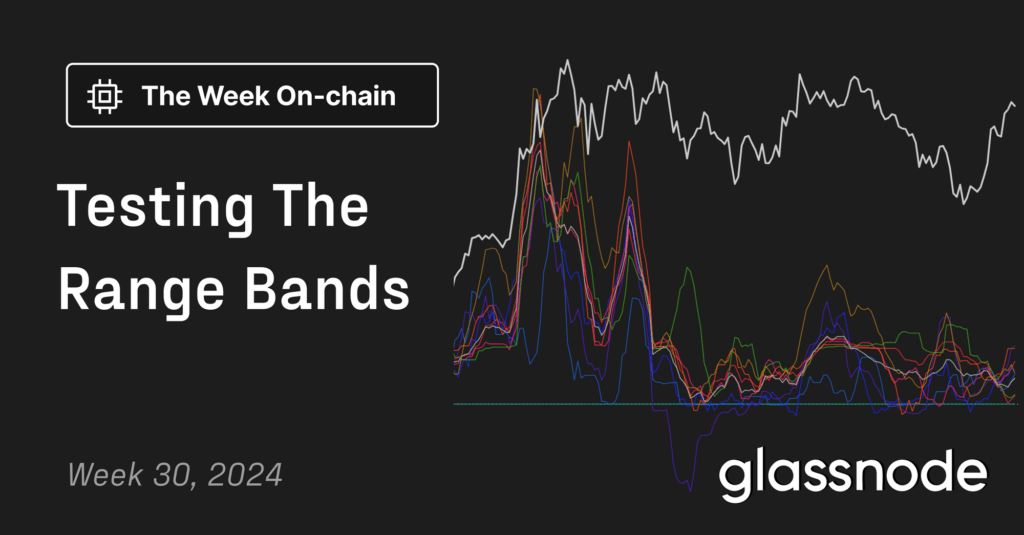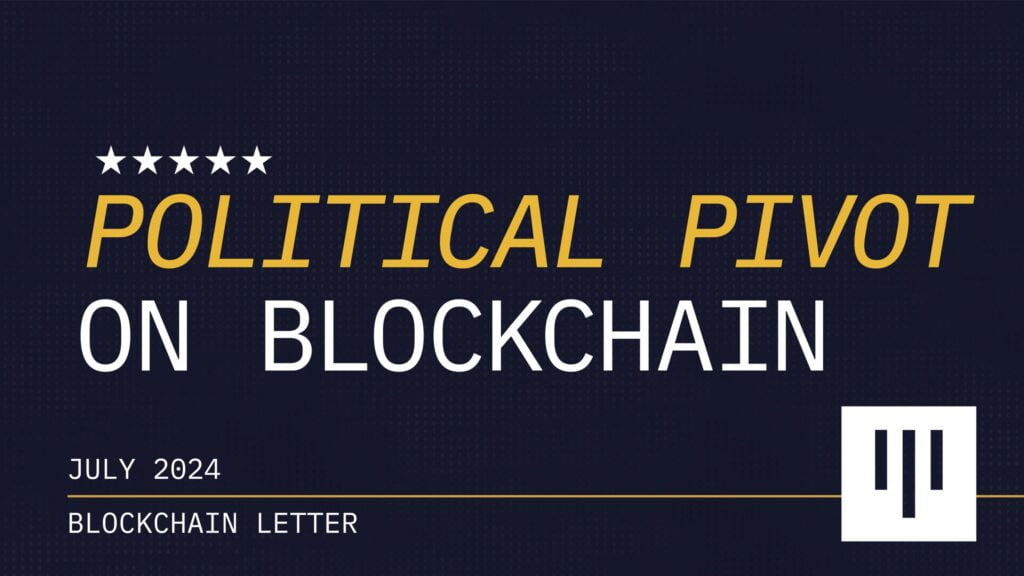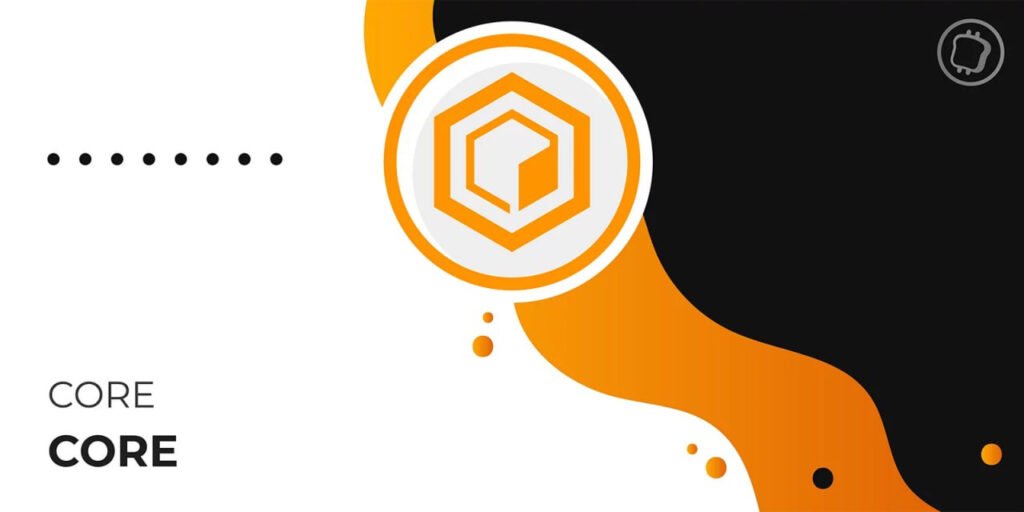Research Summary
This report provides an in-depth analysis of the current state of Bitcoin mining, focusing on the surge in BTC hashrate, the maturation of the mining industry, and the implications of mining pool centralization. It also discusses the controversial practices of F2Pool, including the mining of zero-fee transactions and the handling of an overpayment error.
Key Takeaways
Bitcoin Mining Landscape
- BTC Hashrate Increase: Despite a flat BTC market in Q3 2023, the hashrate continued to rise, hitting a new high of around 400 EH/s. This growth is attributed to savvy miners who continue to add operational hashrate despite challenging hashprice conditions.
- US Dominance in Mining: Following the 2021 mining ban in China, the US has emerged as a major player in the Bitcoin mining industry. Publicly-traded mining companies like Marathon and Riot Blockchain have reported significant growth in their operational hashrate.
- Preparation for Halving: With the next Bitcoin halving less than a year away, US miners are ramping up production and managing their fleets in anticipation of the decline in block rewards.
Centralization Concerns
- Centralization Risk: The concentration of hashrate in the hands of a few large mining pools, particularly Foundry and Antpool, poses a significant centralization risk to the Bitcoin network.
- Role of Mining Pools: A recent incident involving F2Pool’s handling of an overpayment error has sparked debate about the influence of mining pools over transaction settlement.
- Lack of Transparency: The controversy surrounding F2Pool’s decision to refund the overpayment has highlighted the need for greater transparency in mining pool policies and processes.
Controversial Practices of F2Pool
- Mining of Zero-Fee Transactions: F2Pool has been found to mine zero-fee transactions, which are typically linked to the pool’s internal operations. This practice has displaced potential fee revenue.
- Participation in Stacks Consensus: F2Pool has been earning revenue by participating in the Stacks blockchain’s Proof-of-Transfer consensus mechanism, which involves mining zero-fee transactions.
- Transaction Accelerator Service: F2Pool offers a Transaction Accelerator service that allows users to bypass the mempool and secure a priority slot in the pool’s next block for a fee.
Actionable Insights
- Monitor Hashrate Trends: Stakeholders should keep a close eye on hashrate trends, as they can provide valuable insights into the health and competitiveness of the Bitcoin network.
- Assess Centralization Risks: The growing concentration of hashrate in the hands of a few mining pools necessitates a thorough assessment of centralization risks and their potential impact on the Bitcoin network.
- Advocate for Transparency: Miners and other stakeholders should advocate for greater transparency in mining pool policies and practices to ensure fair and equitable distribution of rewards.












